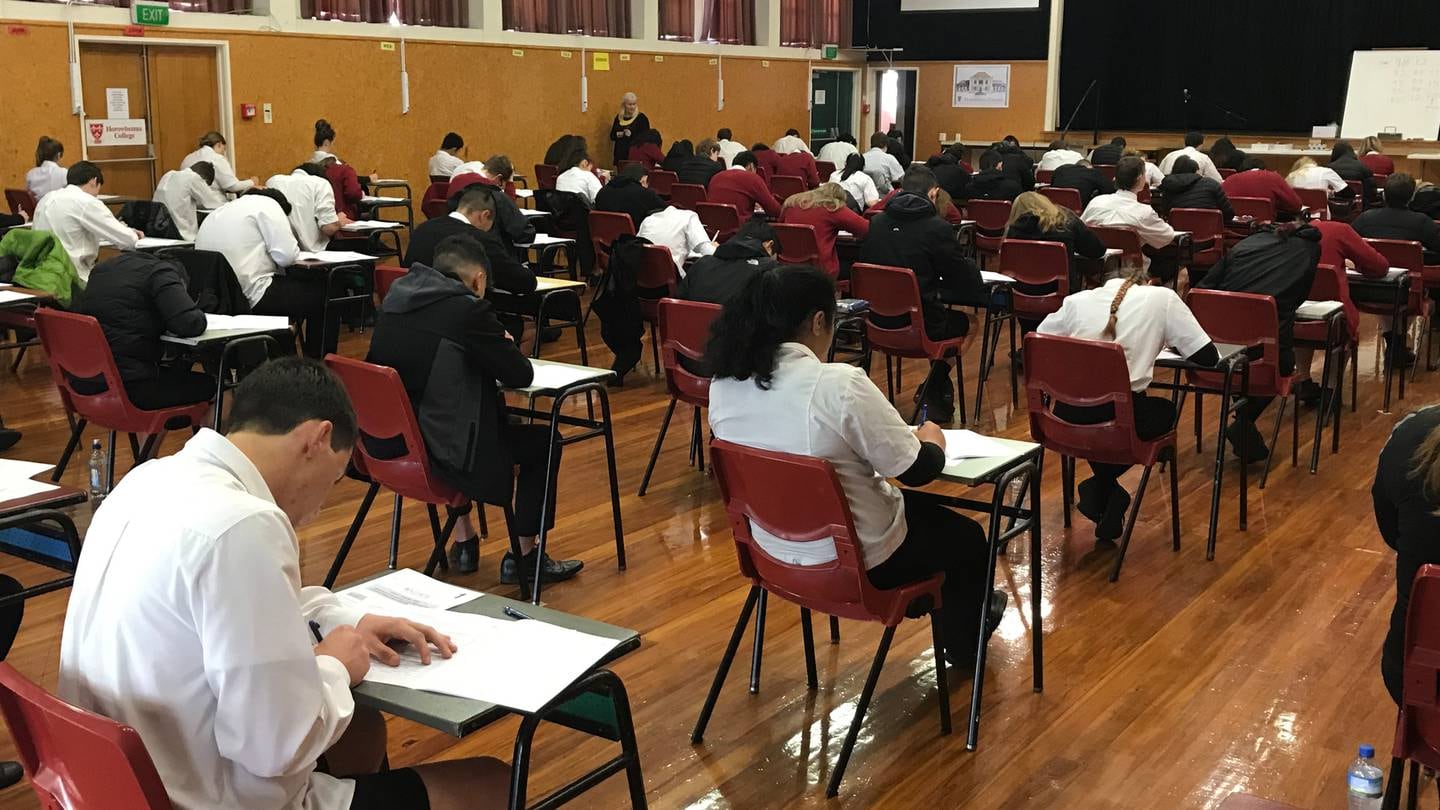A new report examining the health and wellbeing of Māori youth has shed light on the significant impact of racism on the decision of rangatahi to leave school prematurely and its lingering effects on their mental health.
“Every rangatahi interviewed would talk about an experience of racism in terms of personal attacks, being followed in shops, a racist experience from a teacher where they would come into an advanced class and being told ‘oh you are not meant to be here’ when in fact they were,” lead researcher Dr Teah Carlson (Te Whānau ā Āpanui, Ngāti Porou, Waikato-Tainui, Kōtimana) said.
The Victoria University (Te Herenga Waka) report says discrimination faced by Māori youth leads to emotional distress, erodes self-esteem, and fosters feelings of isolation, with some experiencing suicidal thoughts.
The report was compiled from a series of interviews with rangatahi Māori.
Dr Carlson emphasised the risks associated with subtle racism as well as explicit racism, in that while it might be harder to detect and outlaw, the outcomes on rangatahi were the same, especially when combined with other challenges such as limited access to basic needs, which Māori students are also more prone to.
“I just thought that I was dumb, until now like I actually reflect, it’s like, oh, that was a reason why I didn’t care about life, there was a reason why I didn’t want to go to school, or I just didn’t listen to the teachers, yeah,” one respondent said.
School pressure
Another participant highlighted the lack of support from the school system, explaining, “I left school because school was awful and it wasn’t even to do with bullying or anything. It was literally just the schooling system and all the pressure that is placed on you.”
The report also noted the contributing role of drug use in exacerbating mental health challenges among rangatahi. It revealed that schools were ill-prepared to adequately support them in managing these issues.
“I was suicidal. And I knew I shouldn’t have been thinking about it, doing that, and self-harming. So yeah. I think I just felt really desperate, and I never obviously liked feeling that way,” one respondent said.
“I did try and reach out to my school counsellor but that didn’t really work out for me. I don’t think she really understood it. But the school counsellor didn’t have a good reputation anyway, so I wasn’t too surprised about it.”
An overhaul of teacher training programmes and current teaching standards is required to tackle the issue, according to Carlson and her fellow researchers.
Require cultural safety
Cultural competency training to eradicate biases and other barriers when understanding Māori and other indigenous perspective is key, she said.
“There is a layered approach to racist systems that exist. There should be individual accountability from teachers where they would be assessed for their practice.”
“There is an awesome kaupapa called cultural safety, which requires all teachers to consider their own cultural background and its impact on their power, privilege and personal biases in relationship with rangatahi.”
“This needs to be embedded in teacher training, professional development and in their accountabilities within schools,” Carlson said.
Despite the outcomes of her research and corresponding work, she says she fears government policy may in fact be headed in the opposite direction.
“For example, the ill-informed move to criminalise 12-year-olds for ram-raids focuses more on punishment as opposed to investing in quality education and support for rangatahi that factors in cultural competency and safety,” Carlson said.
“This report should serve as a guide for policy and legislation across the board.”



